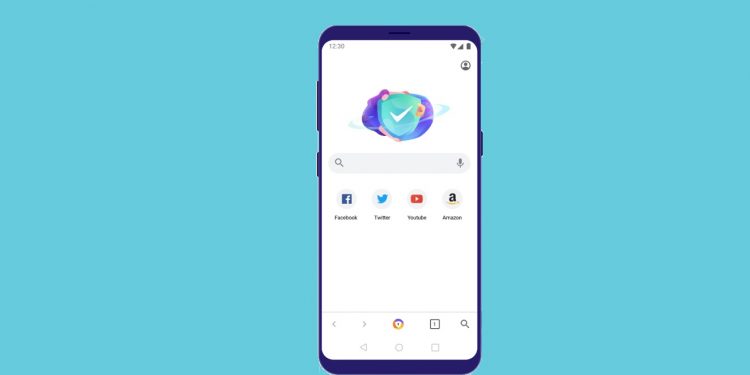Avast, a global leader in digital cybersecurity solutions, has introduced an Android version of Avast Secure Browser to offer its platform beyond Windows and Mac on the desktop to mobile. The initiation of a multi-platform browser is part of Avast’s continuous focus to converge cybersecurity and privacy services to facilitate a safer, more private, and quicker browsing experience across the devices and operating systems (OS).
Avast Browser for Android was developed following Avast’s 2019 takeover of Tenta, a private browser supported by Blockchain pioneers ConsenSys, and has been made from the ground up by privacy and security engineers concentrated on total encryption.
At its core is secure encryption, such as AES-256, ChaCha 256-bit, and the most advanced TLS/SSL cryptographic protocols for the data transport layer.
To assure that the user’s DNS requests are kept private and protected, Avast Browser for Android maintains multiple DNS choices straight out of the box, such as DNS over TLS, DNSSEC, and decentralized DNS support.
The following security and privacy features are additionally available in Avast Secure Browser for Android.
- A lightning-fast virtual private network (VPN) that encrypts all inbound and outbound connections to the VPN location.
- A unique temporary user PIN code to access the device that is never saved on any server nor on the device itself.
- The anti-tracking feature will help to prevent websites, advertisers, and other web services from tracking your online activity and behavior.
- An AdBlock combination will help faster website loading.
- An encrypted media vault.
“Avast’s core mission is to make the world a safer place by protecting the security and privacy of every customer. Our commitment to being a privacy-by-design technology provider was behind our acquisition of leading private mobile browser Tenta, whose technology has contributed to the development of our new Avast Secure Browser for Android. We know that our customers care deeply about security and privacy and want to be in control of their own personal data without compromising the quality of their online interactions. Our goal is to be the first all-in-one browser to secure our users’ privacy along with a frictionless secure browsing experience. Adding support for mobile is another milestone in our journey towards this long-term goal.”
said, Scott Curtiss, Vice President and General Manager of Avast Secure Browser.
In March 2020, Avast Threat Lab researchers identified that the increasing use of mobile devices worldwide is fueling the growth of mobile-related malware. In the current coronavirus outbreak, so far, 131 COVID-19 related apps have been identified as malicious by Avast’s apklab.io platform as hackers look to exploit the pandemic using social engineering tactics.
According to statistics gathered by the Avast team between Oct- Dec 2019, adware software that hijacks devices to spam its users with malicious irritating ads is liable for 72% of mobile device malware, with the rest 28% of threats linked to banking trojans, fake apps, lockers and downloaders.
“There is still a perception among many consumers that on mobile, internet and browser-based threats do not exist”, said Curtiss. “This is not the case. Mobile is a lucrative platform for cybercriminals because of its majority market share versus desktop and higher levels of internet traffic. In the past 12 months, we’ve seen adware rise by 38% on Android.”
Possibly by the end of 2020, the mobile version of Avast Secure Browser will be made available on iOS users. It is currently compatible with Windows 10, 8 and 7, Android and MacOS. To download or to get more details.
Also Read:- Data Protection and Compliance While Working From Home | COVID-19: In the cyber world, the graph has yet to flatten | How to keep your device and data secure while working from home | Can Akita Security Device Help you Protect your Security During COVID-19 [Interview]



















